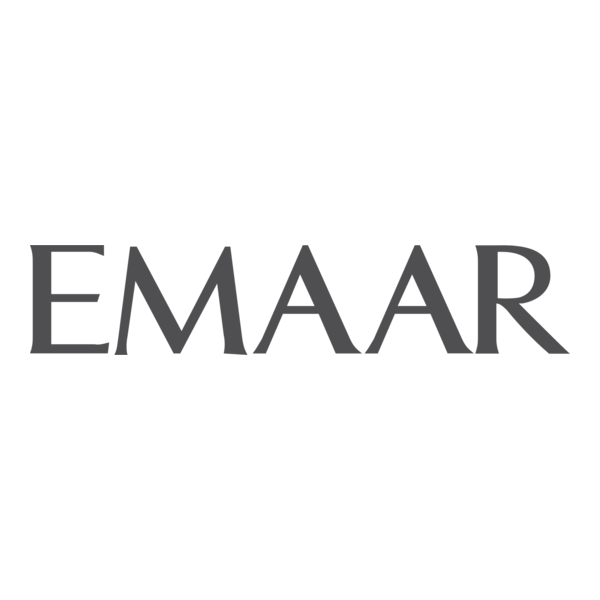Dubai Villa Rent (2025 Guide to Luxury & Value)

Understanding the Dubai cost of living is crucial for anyone considering a move to this vibrant emirate. While renowned for luxury, living expenses in Dubai are manageable across various budgets compared to other major global cities. This 2025 guide provides a realistic snapshot of primary expenses, from Dubai housing costs including Dubai villa rent to education and groceries, making the city an attractive destination for investors, families, and individuals.
Dubai Housing Costs: Apartments and Villas for Rent
Housing represents the largest portion of living expenses in Dubai, often 30-40% of income. Dubai housing costs vary significantly by property type and location. For those seeking affordability, options like a Dubai studio apartment or Dubai 2-bedroom apartment are popular, while families often look for Dubai villa rent in suburban communities or luxury districts. Many find property ownership appealing, with mortgage payments sometimes lower than rent.
As of early 2025, average annual rents include:
- Studio Apartment: AED 40,000
- 1-Bedroom Apartment: AED 60,000
- 2-Bedroom Apartment: AED 82,000 (A
Dubai 2-bedroom apartmentaverages around this figure) - 3-Bedroom Townhouse: AED 153,000
- 4-Bedroom Villa: AED 265,000 (For spacious
Dubai villa rentoptions, a 4-bedroom villa averages AED 265,000, with luxury villas in areas like Dubai Hills Estate or Palm Jumeirah commanding higher premiums).
Utilities, managed by the Dubai Electricity and Water Authority (DEWA), include electricity, water, and cooling. Monthly bills for apartments typically range from AED 500 to AED 1,000. Tenants and homeowners also pay a housing fee, 5% of annual rent, integrated into the monthly DEWA bill. Internet and mobile plans offer competitive packages from leading providers, adding to overall living expenses in Dubai.
Groceries and Dining: Managing Your Food Budget
Your monthly food budget is a flexible part of Dubai's cost of living, depending on your cooking and dining habits. For an individual, monthly grocery bills typically range from AED 800 to AED 1,500. Supermarket chains like Carrefour, Spinneys, and Lulu Hypermarket offer diverse local and imported goods, though imported items can be pricier.
Dubai's diverse culinary scene caters to all budgets:
- Street Food: Affordable options like shawarma or falafel wraps cost AED 10-20.
- Fast Food: A meal at major chains like McDonald's or KFC is typically AED 35-60.
- Casual Dining: A meal for one at a mid-range restaurant ranges from AED 30-80. A three-course meal for two costs AED 250-350.
- Fine Dining: Premier restaurants offer unique experiences, with costs starting from AED 350 per person at exclusive venues.
Education Costs for Families in Dubai (2025)
For families, education is a significant and ongoing component of the Dubai cost of living. Dubai offers over 200 private schools with diverse international curricula including British, American, Indian, and IB. Tuition fees depend on the school's location, reputation, curriculum, and KHDA rating.
Annual tuition fees in 2025 range from AED 6,000 for public schools (for expats) to over AED 100,000 for premium international institutions. Average annual fees are:
- Indian Curriculum: AED 12,000 - AED 64,000
- British Curriculum: AED 15,000 - AED 77,000
- American Curriculum: AED 12,000 - AED 87,000
Parents should also budget for additional expenses like application fees (AED 525-2,000), uniforms (AED 250-600), books, and transportation, which can add several thousand dirhams each year.
Transportation Costs in Dubai
Navigating Dubai is convenient, offering various transportation options for different budgets. Your living expenses in Dubai for transport will depend on whether you use public transit or own a private vehicle.
Dubai's public transport system, including the metro, bus, and tram, is efficient and affordable. A monthly Nol card for unlimited travel costs AED 200-300. Taxis are readily available, with fares starting around AED 12, though frequent use adds up. Many residents, especially those in Dubai villa rent communities, prefer owning a car. While petrol is inexpensive, consider insurance, registration, and maintenance costs.
Healthcare and Lifestyle: Discretionary Spending
Private health insurance is mandatory for all Dubai residents, as expats do not access public healthcare. Employers must provide basic health insurance, but many residents upgrade for comprehensive coverage. Out-of-pocket expenses may include co-payments for GP visits (AED 150-300) or specialist consultations (AED 300-600).
Lifestyle and leisure spending is highly discretionary, affecting your Dubai cost of living. Dubai offers vast entertainment, from free public beaches and parks to high-end experiences. Common costs include:
- Monthly gym membership: AED 250 - AED 600
- Cinema ticket: AED 35 - AED 50
- Day pass to a theme park: AED 250 - AED 350
Is Dubai Expensive? Balancing Your Living Expenses
While Dubai is a prominent city in the Middle East, its Dubai cost of living is often more affordable than many other global hubs. For example, a Dubai studio apartment or Dubai 2-bedroom apartment in the city center typically rents for less than comparable units in New York or London. The significant advantage of no personal income tax allows residents to retain more earnings, offsetting higher Dubai housing costs or other expenses.
Ultimately, your living expenses in Dubai are shaped by personal choices. By choosing a neighborhood wisely, considering options like Dubai villa rent versus apartments, utilizing public transport, and balancing dining out with home cooking, residents can achieve a comfortable lifestyle within their budget.
Get Your Free Dubai Investment Guide
What's Inside:
- ✓8+1 reasons international investors buy in Dubai
- ✓Market overview – the numbers you must know before investing
- ✓Off-plan vs Ready – what are the advantages?
- ✓Top 6 emerging locations for off-plan investment
- ✓Golden Visa – frequently asked questions answered
Your information is private. We never spam.







